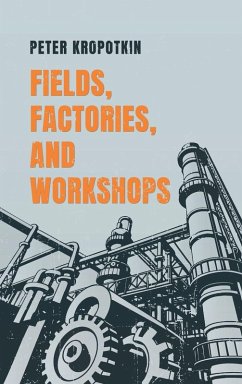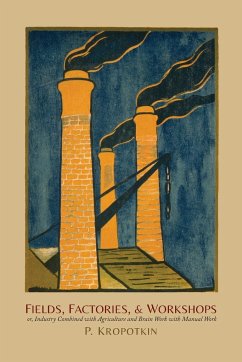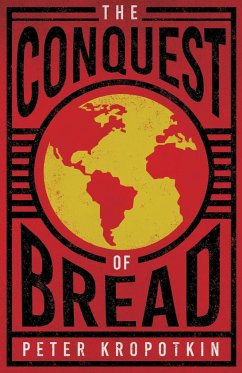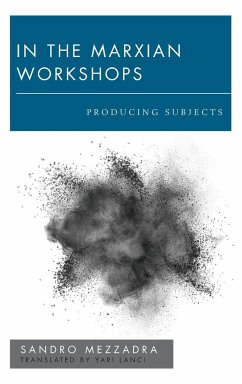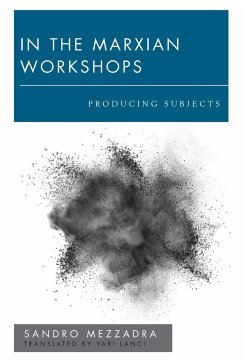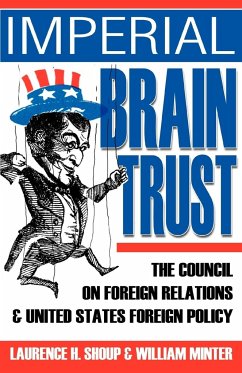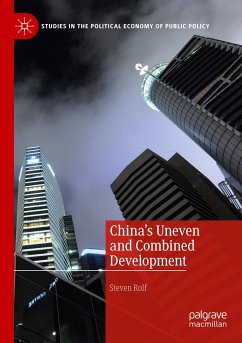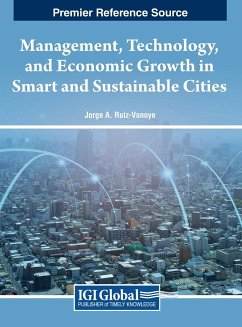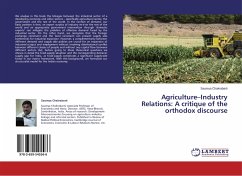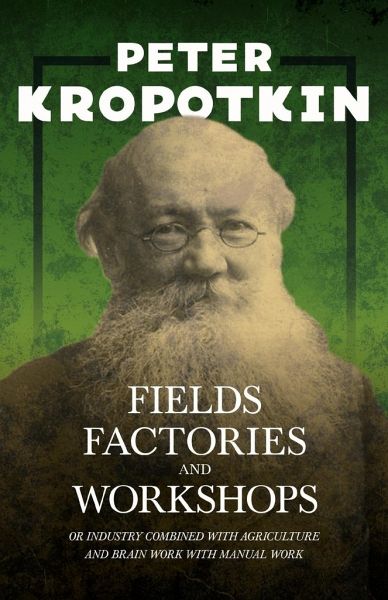
Fields, Factories, and Workshops - Or Industry Combined with Agriculture and Brain Work with Manual Work
With an Excerpt from Comrade Kropotkin by Victor Robinson

PAYBACK Punkte
18 °P sammeln!
This book comprises a fascinating discussion of the future of agriculture as conceived at the start of the twentieth century. It explores the advantages which societies could derive from a combination of industrial pursuits with intensive agriculture, and 'brain work' with manual work. This is a book that is sure to appeal to those with a keen interest in the history of agriculture, and is a text not to be missed by the discerning collector of vintage farming literature. Chapters include: 'The Decentralisation of Industries', 'The Possibilities of Agriculture', 'Small Industries and Industrial...
This book comprises a fascinating discussion of the future of agriculture as conceived at the start of the twentieth century. It explores the advantages which societies could derive from a combination of industrial pursuits with intensive agriculture, and 'brain work' with manual work. This is a book that is sure to appeal to those with a keen interest in the history of agriculture, and is a text not to be missed by the discerning collector of vintage farming literature. Chapters include: 'The Decentralisation of Industries', 'The Possibilities of Agriculture', 'Small Industries and Industrial Villages', 'Brain Work and Manual Work', and more. Pyotr Alexeyevich Kropotkin (1842-1921) was a Russian writer, activist, revolutionary, economist, scientist, sociologist, essayist, historian, researcher, political scientist, geographer, biologist, philosopher and advocate of anarcho-communism. He was a prolific writer, producing a large number of pamphlets and articles, the most notable being "The Conquest of Bread and Fields, Factories and Workshops" and "Mutual Aid: A Factor of Evolution". This classic work is being republished now in a new edition complete with an excerpt from "Comrade Kropotkin" by Victor Robinson.




